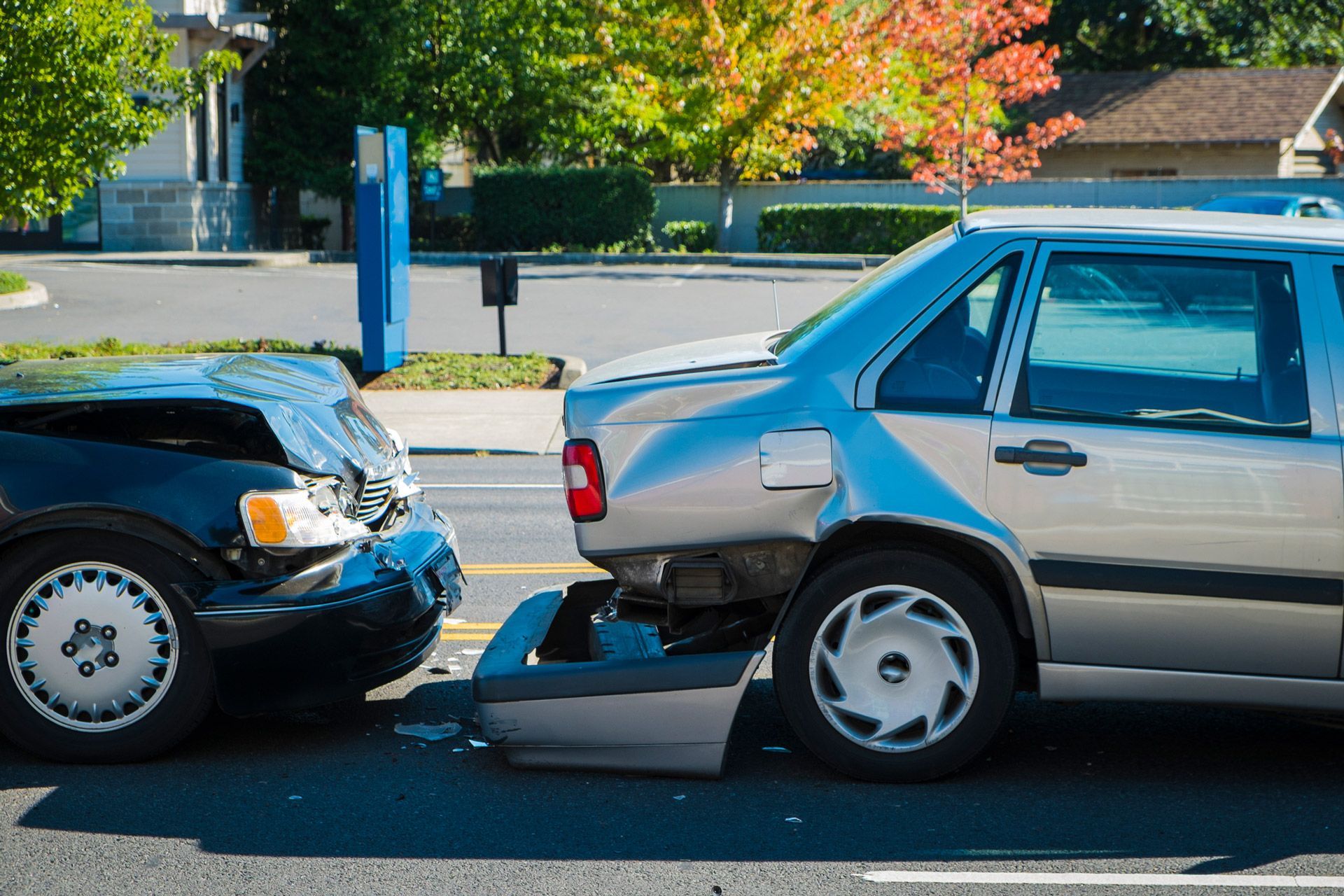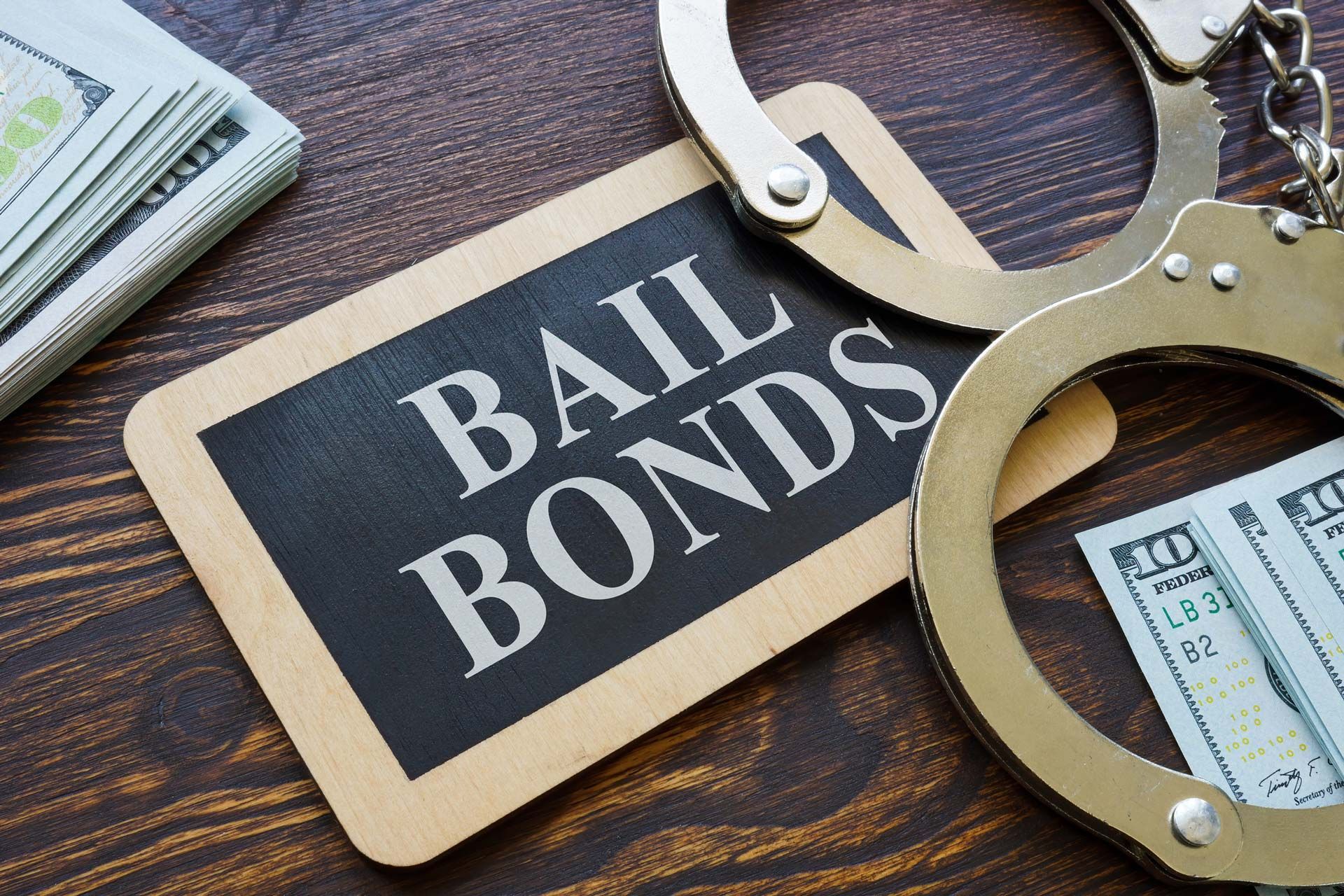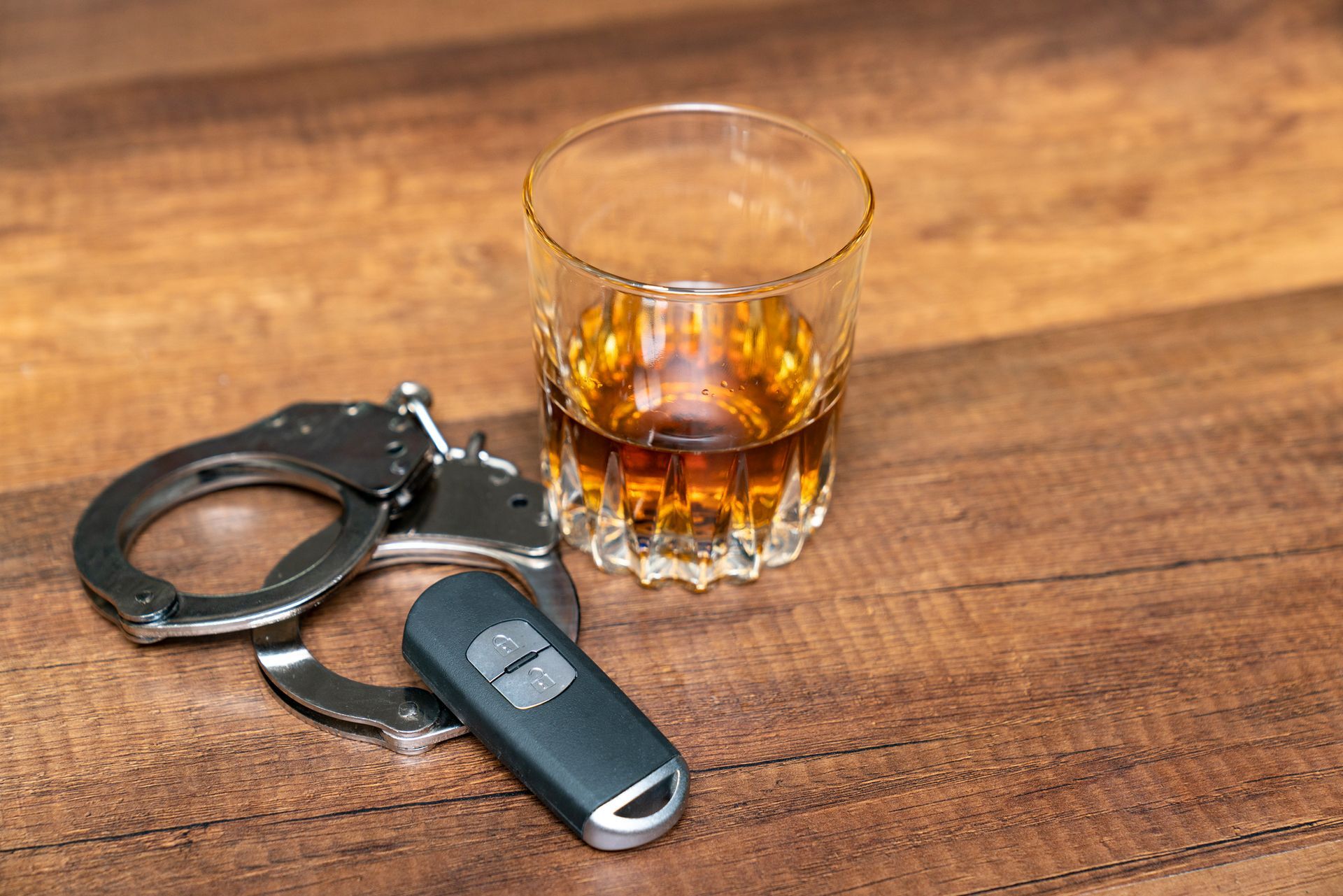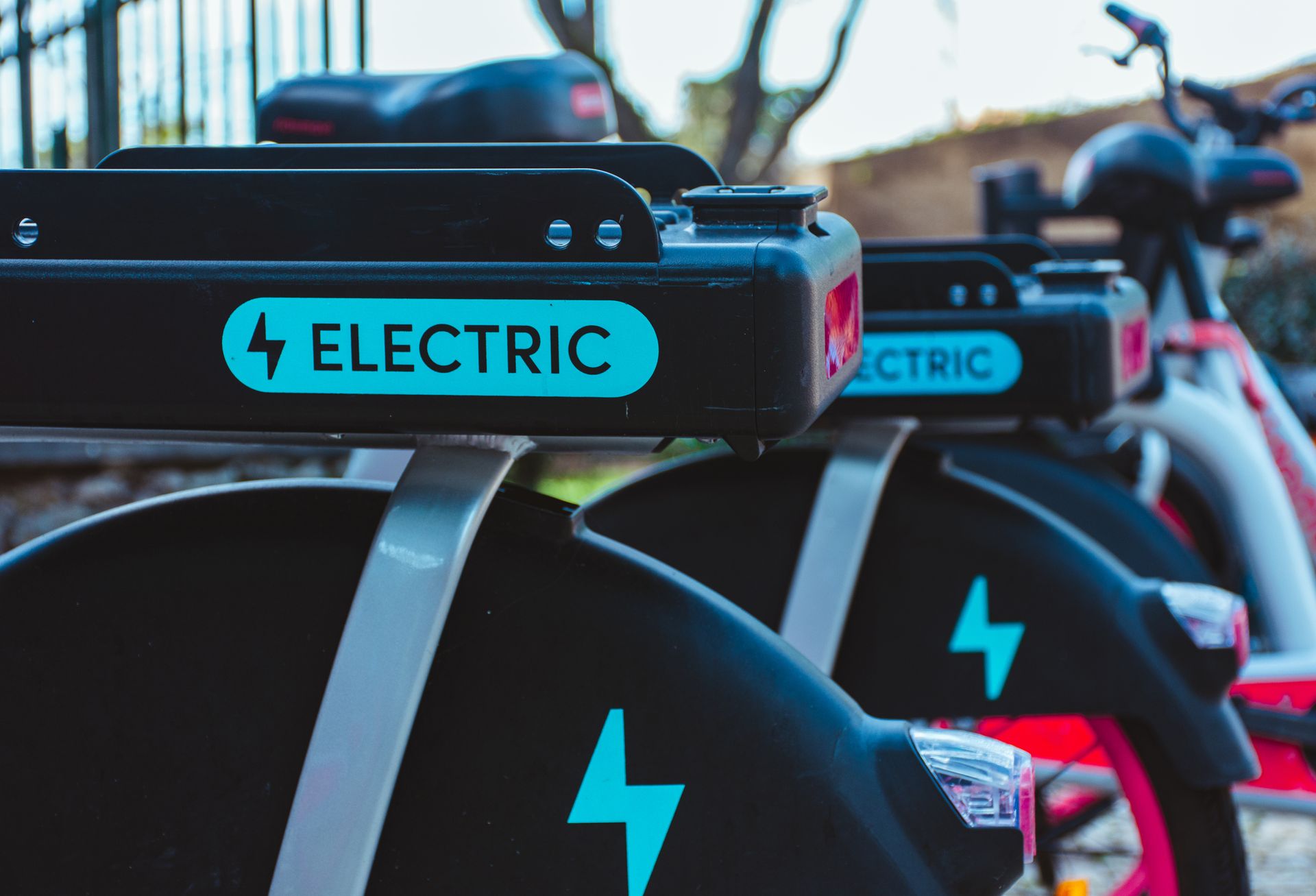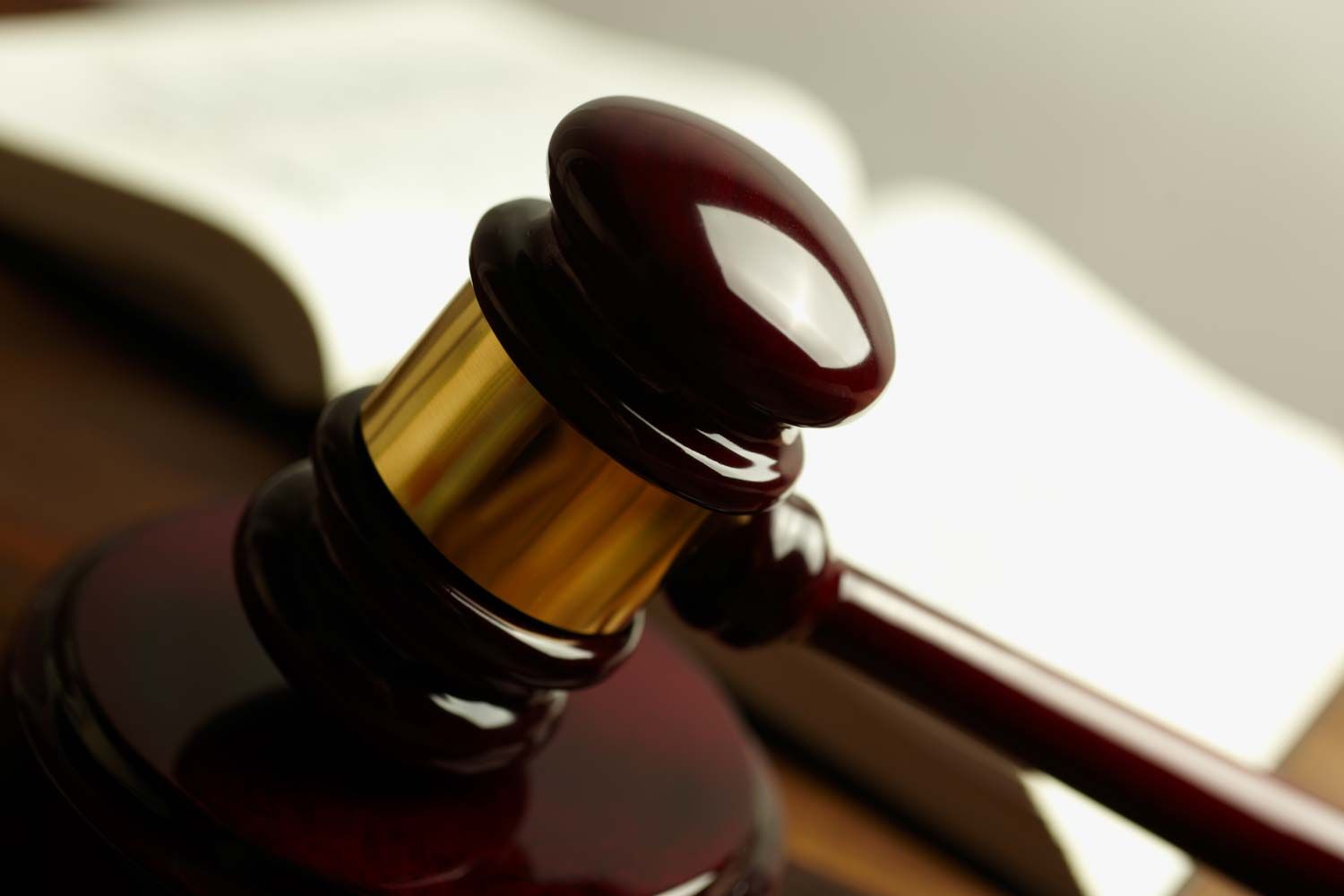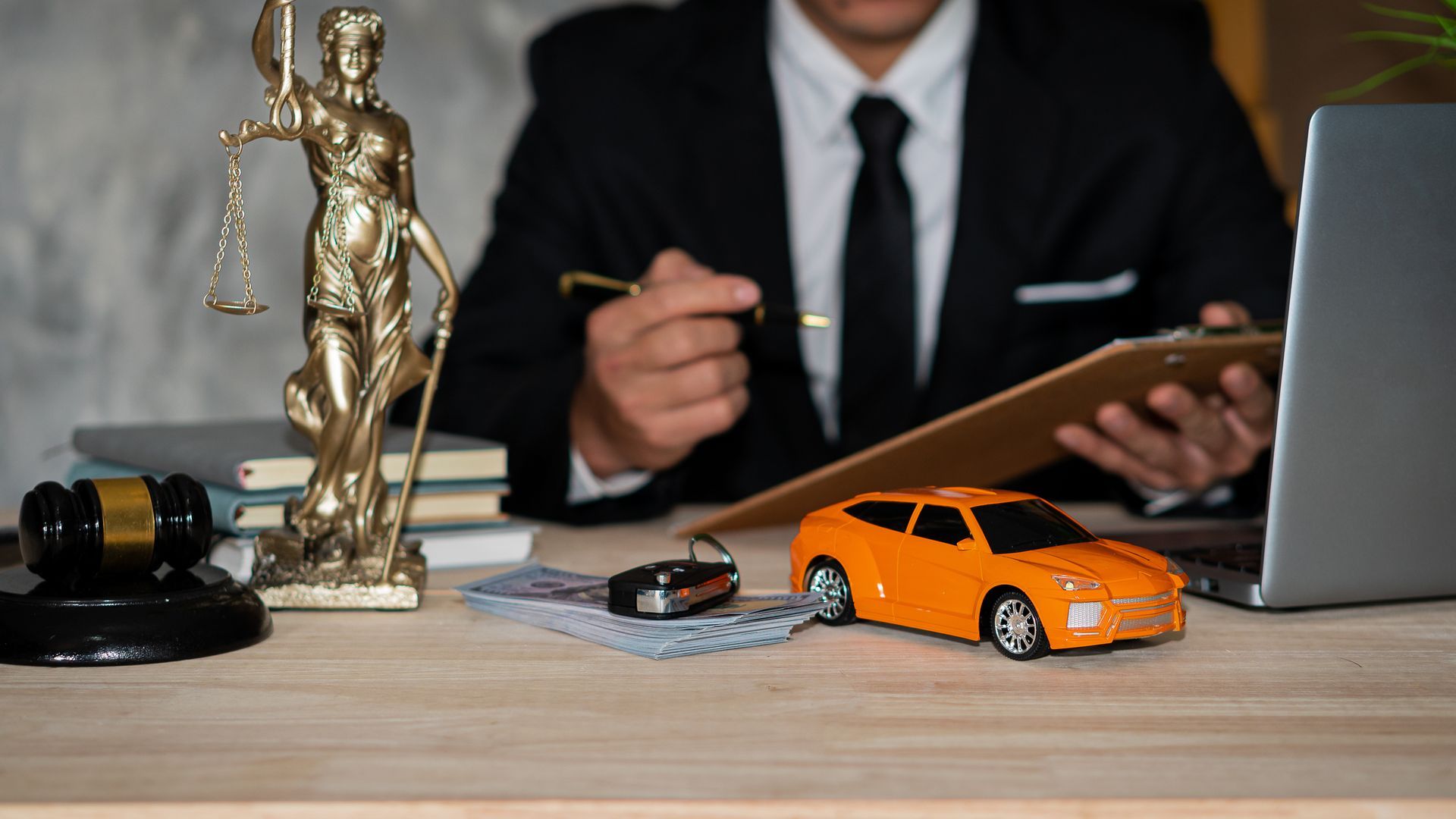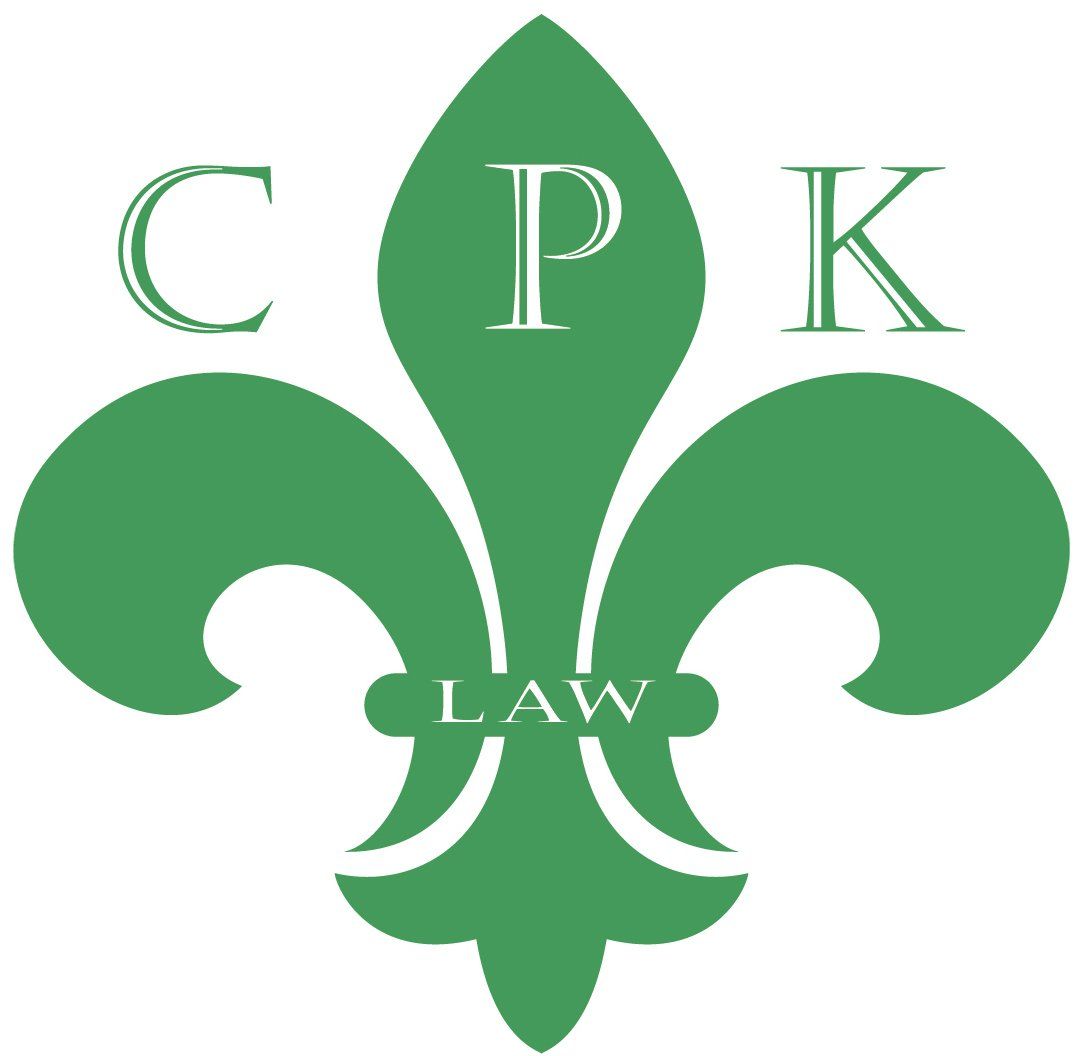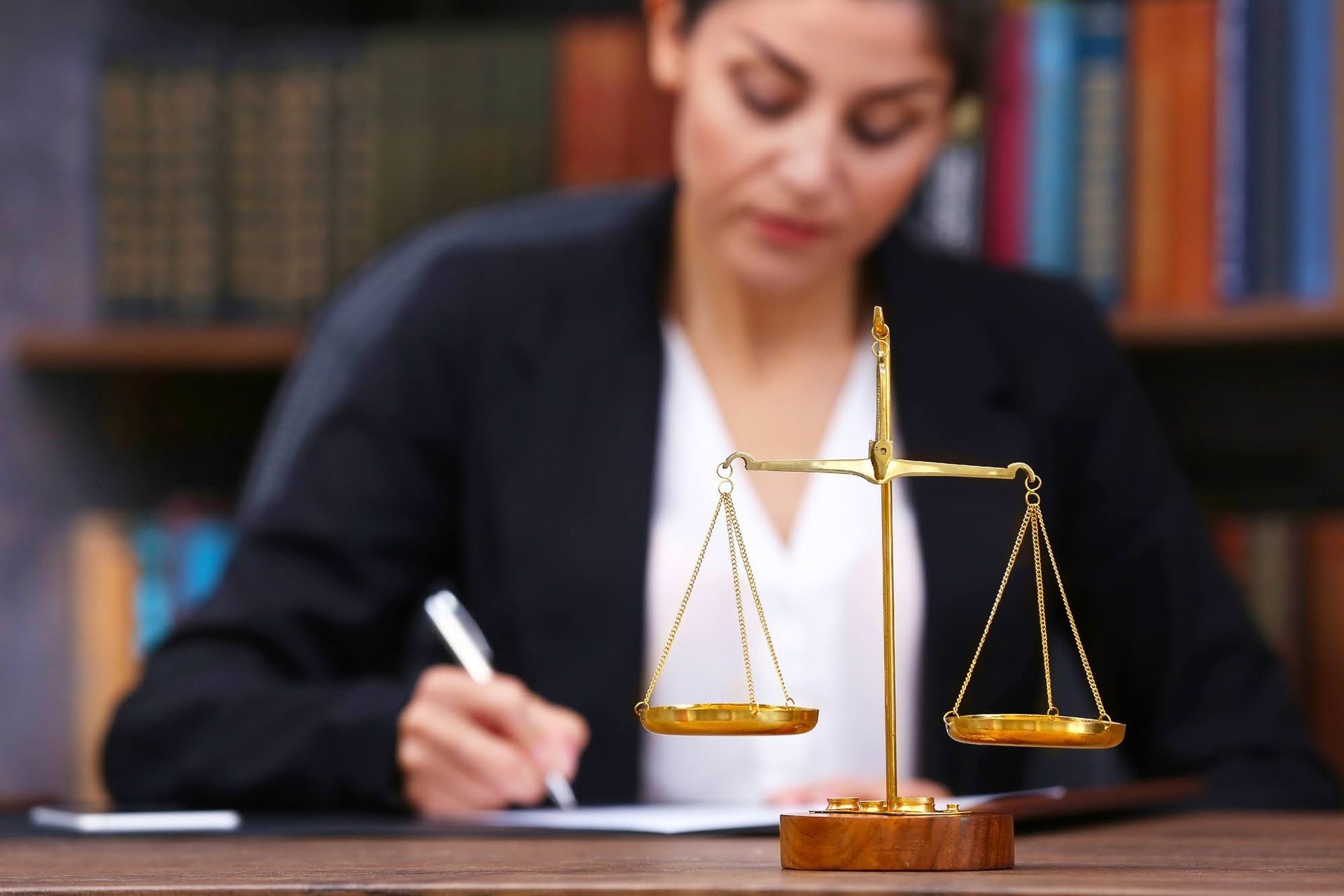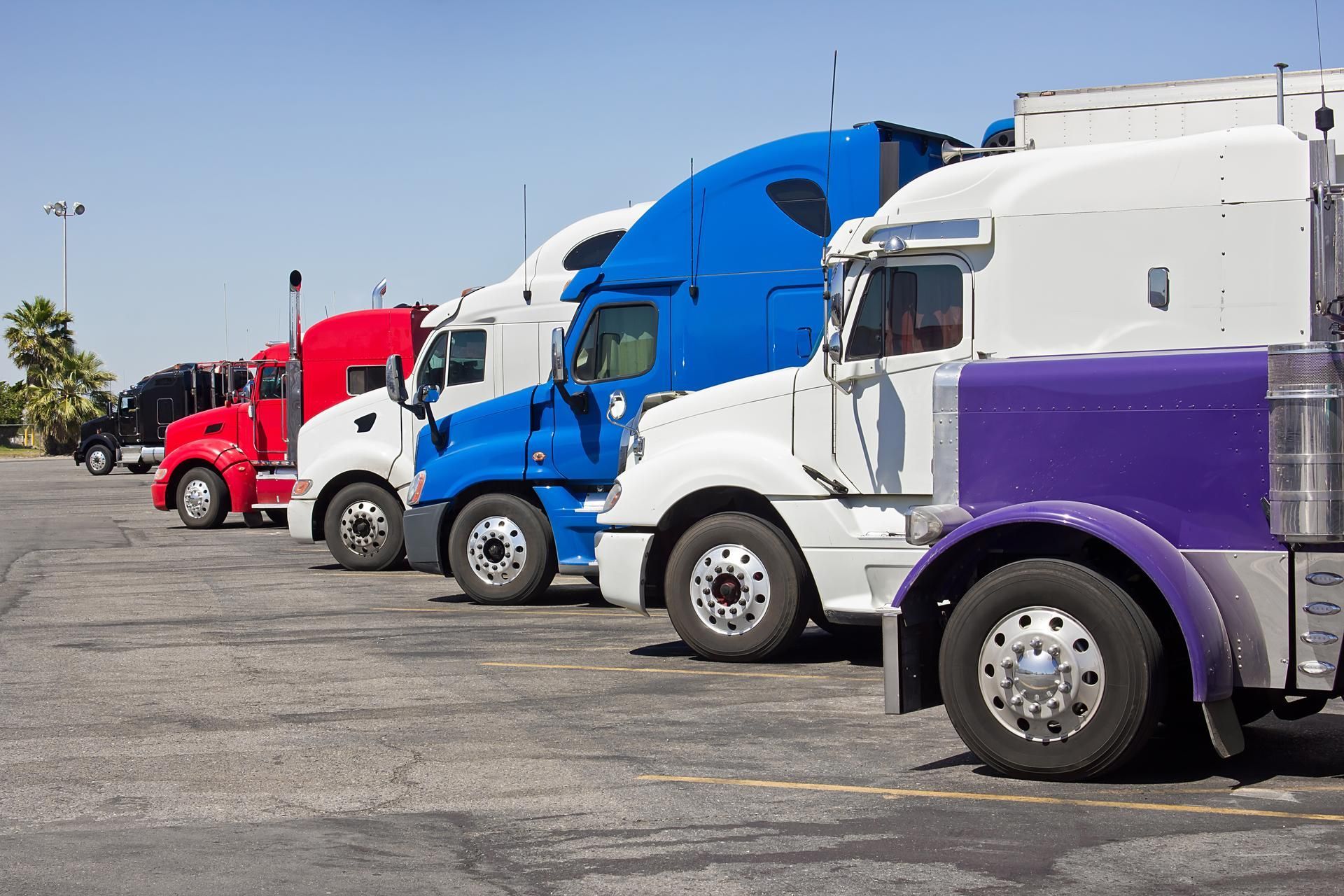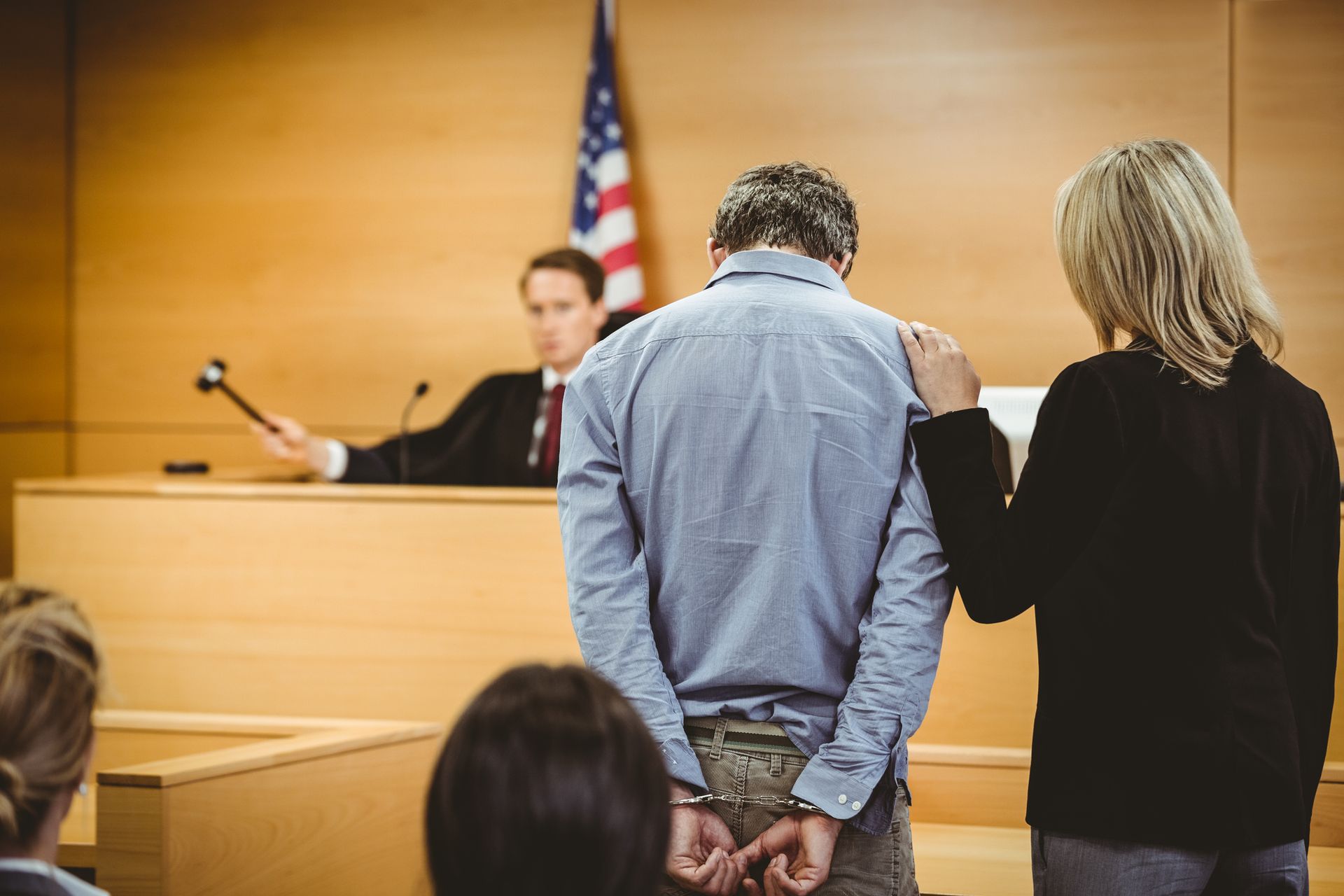Understanding Different Types of Boating Accidents
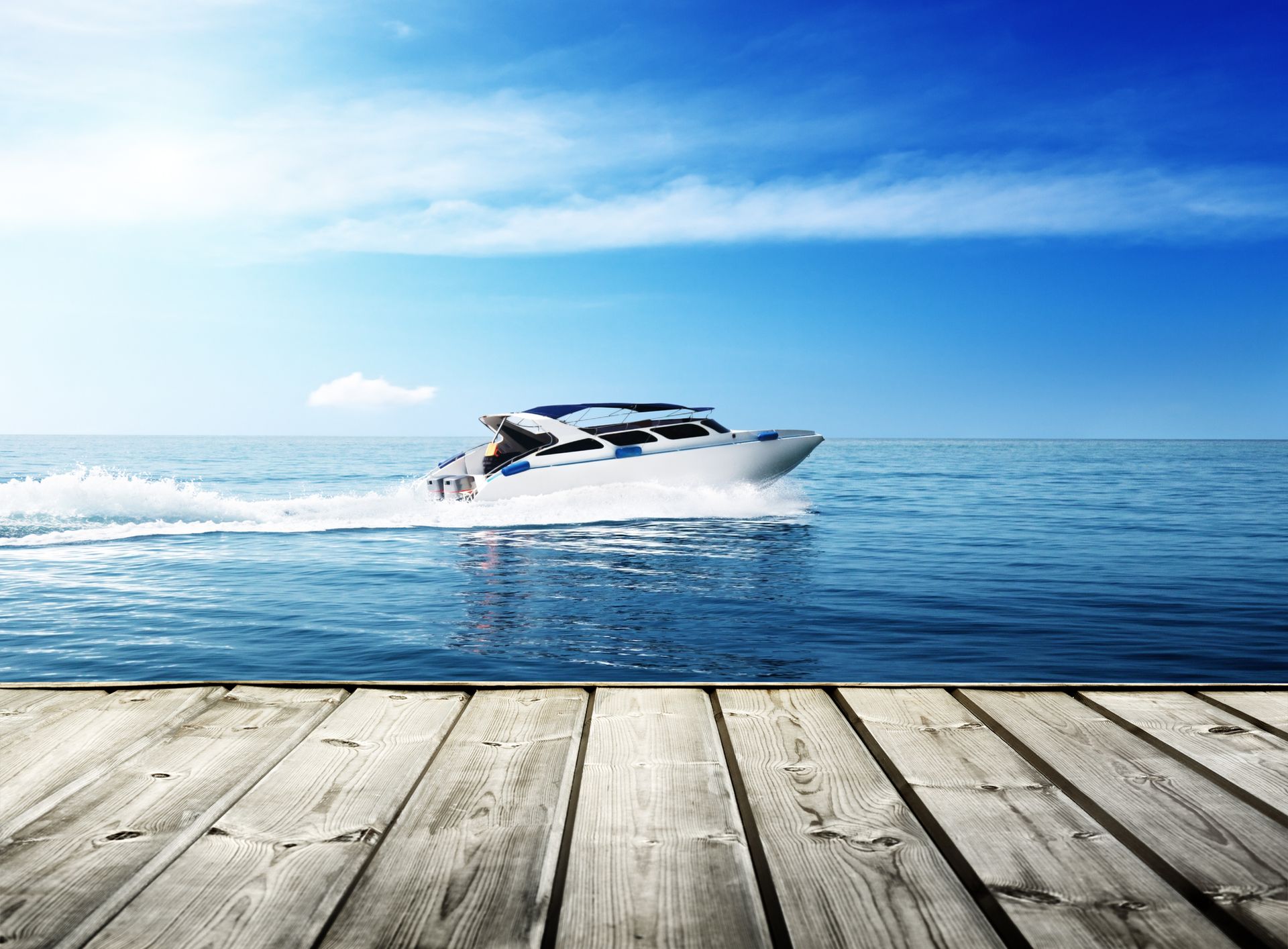
Boating is a popular leisure activity for many, offering the freedom to explore waters while basking in the beauty of nature. However, like any activity, it comes with its own set of risks and safety concerns. Boating accidents can vary in nature and severity and result in significant consequences. Understanding the different types of boating accidents can help prepare for and prevent such mishaps, ultimately ensuring safer water adventures.
Collision with Another Vessel
One of the most common types of boating accidents is a collision between two vessels. These often occur due to operator inattention, speed, or failure to maintain a proper lookout. Collisions can result in severe injuries and even fatalities for those on board and extensive damage to the boats involved.
Capsizing or Sinking
Capsizing, where a boat turns over on its side or upside down, and sinking are also frequent boating accidents. These can happen because of rough waters, overloading, improper weight distribution, or sudden, sharp turns. Capsizing and sinking can be particularly dangerous, often leading to drowning if passengers are not wearing life jackets or are unable to stay afloat.
Falls Overboard
Another significant concern is the risk of passengers falling overboard. This can occur due to sudden movements, slippery surfaces, or a lack of coordination. Once in the water, individuals are at risk of hypothermia, exhaustion, and drowning, especially if they are not wearing a life vest.
Grounding
Grounding happens when a boat runs aground in shallow waters or underwater obstacles such as rocks, sandbanks, or coral reefs. Grounding accidents can damage the boat's hull or propulsion system and potentially lead to bodily injuries for those on board.
Weather-Related Incidents
Adverse weather conditions pose a considerable threat to boaters' safety. Sudden storms, high winds, and rough seas can create perilous situations on the water. Weather-related incidents often involve capsizing, swamping, or being tossed overboard due to unpredictable movements.
Operator Inexperience and Negligence
Lack of experience and negligence by the boat operator can lead to numerous types of accidents, including collisions, capsizing, and running aground. Inexperienced operators may not fully understand navigation rules, handle emergencies, or operate the boat's controls efficiently. Proper training, adherence to safety guidelines, and gaining sufficient experience can significantly reduce the likelihood of such accidents.
Alcohol and Substance Use
Operating a boat under the influence of alcohol or other substances is a major factor in boating accidents. Impairment can slow reaction times, impair judgment, and reduce coordination, greatly increasing the risk of accidents. Staying sober while operating a boat is essential to ensure the safety of all passengers and others on the water.
Mechanical Failures
Mechanical failures, such as engine breakdowns or malfunctioning steering systems, can lead to boating accidents. These issues compromise the safety of those on board and can result in costly repairs and potential environmental damage. Regular maintenance and timely inspections of the boat's mechanical and electrical systems are crucial to prevent such incidents.
Hitting a Fixed Object
Boats can come into contact with stationary objects like docks, piers, buoys, or submerged structures. These incidents are typically caused by low visibility, lack of attention from the operator, or unfamiliarity with the surroundings. To avoid such mishaps, employing adequate lighting during nighttime, cruising at a prudent speed, and acquainting oneself with the waterway are pivotal preventive measures.
Legal Assistance in Boating Accident Cases
In the aftermath of a boating accident, a lawyer can be invaluable in navigating the complexities of legal procedures and ensuring the protection of your rights. They can help determine liability by thoroughly investigating the incident, gathering evidence, and interviewing witnesses. Moreover, a lawyer familiar with maritime laws and regulations can adeptly handle the nuances specific to boating accidents, such as jurisdictional issues and compliance with the Jones Act or other maritime statutes. They can negotiate with insurance companies on your behalf to secure a fair settlement or, if necessary, represent you in court to litigate your case. By providing professional legal guidance, a lawyer helps alleviate the stress of dealing with a boating accident and maximizes your chances of a favorable outcome.
While boating can be an exhilarating and enjoyable activity, it is not without its hazards. If you've been the victim of a boating accident, contact one of our associates at Craig P. Kenny & Associates for more information.
